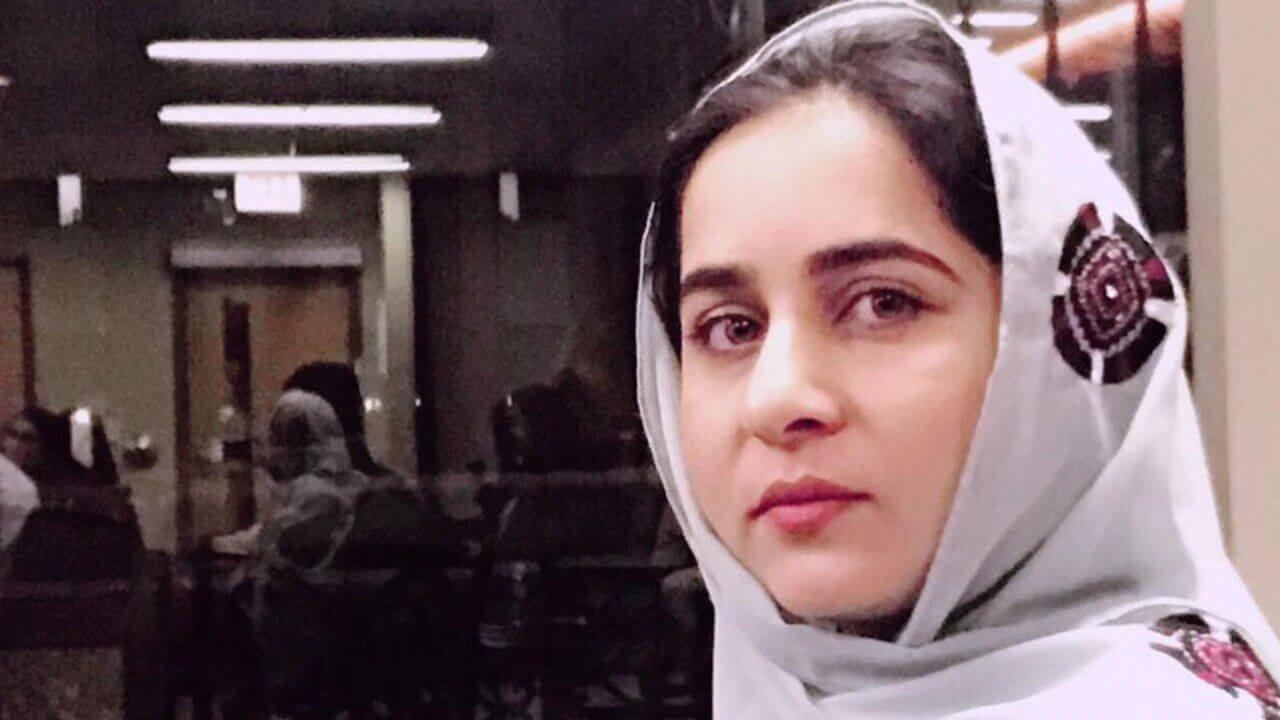Canadian authorities said that they have found the body of Ms. Karima Baloch—a Pakistani human rights activist from the Baloch community—in Toronto, where she had been living in exile since 2016. The event has sparked an intense debate about the foreign overreach of Pakistan’s Inter-Services Intelligence (ISI), the nation’s main intelligence agency.
Baloch, 37, who was also known as Karima Mehrab, was an activist from the Balochistan region in Western Pakistan, and a vocal critic of the country’s military and state establishment. She left Pakistan in 2015 after terrorism charges were levelled against her. She reportedly went missing on Sunday at around 3 PM in the Bay Street and Queens Quay West area. City police posted an appeal for any information regarding her whereabouts on early Monday morning and confirmed later in the day that her body had been located. Though the immediate cause of death remains unclear, the police said that the case is “currently being investigated as a non-criminal death and there are not believed to be any suspicious circumstances.”
However, international and well as Pakistani rights groups and activists have called for a full and transparent investigation into her death, alleging it may have been carried out by state actors.
A well-known figure, Baloch was the first chair of the Baloch Students Organization (BSO-Azad), a body at the forefront of supporting the region’s independence movement and documenting alleged human rights violations there. Balochistan is Pakistan’s largest but most scarcely populated province; however, its richness in minerals and resources has led to Islamabad employing a harsh and extractive policy towards it, leaving it at the very bottom of most socio-economic indicators in the country.
While mainstream Baloch politicians have strived for greater autonomy and control over resources, armed ethnic Baloch groups have simultaneously been engaged in a violent separatist war against Pakistani security forces for more than a decade now, demanding full independence for the province. Despite routine allegations of enforced disappearances and kidnappings of various activists and student leaders, Pakistan’s military maintains that most of the region’s “missing people” are members of armed groups who fled their homes voluntarily.
Baloch was one of the most prominent voices calling for justice for those captured or killed by the state’s intelligence services. Her family has been linked to the Baloch resistance movement over the years, and two of her uncles—who had initially gone missing—were later found to be dead. She’s also the second Pakistani dissident to die under mysterious circumstances this year. In March, Sajid Hussain, a Pakistani activist and journalist who often wrote on human rights abuses in Balochistan and was living in Sweden, was reported missing. His body was found almost two months later in a river near the Swedish town of Uppsala; Swedish police at the time ruled out any “visible wrongdoing” and the cause of death was ruled to be drowning.
However, Baloch’s death has only increased fears among Pakistani activists living in exile, who regularly face threats to their lives. Lateef Johar, a fellow activist and Baloch’s close friend said: “I don’t think this is an accident or an act of suicide. We all feel threatened here. Even after the killing of Sajid Hussain, I fear when I find myself in a dark street.”
International rights group Amnesty International called Baloch’s death “deeply shocking” and called on Canadian authorities to thoroughly probe the matter. “The death of activist Karima Baloch in Toronto, Canada is deeply shocking and must be immediately and effectively investigated. The perpetrators must be brought to justice without recourse to the death penalty,” it said. Meanwhile, the Pakistani High Commission to Canada has also approached the Canadian government to know the cause of her death and is reportedly still waiting for an official response.
Pakistani Rights Activist Found Dead in Toronto, Critics Suspect ISI Involvement
Karima Baloch had been an activist from the Balochistan region in Western Pakistan, and a vocal critic of the country’s military and state establishment.
December 23, 2020

SOURCE: VOA
